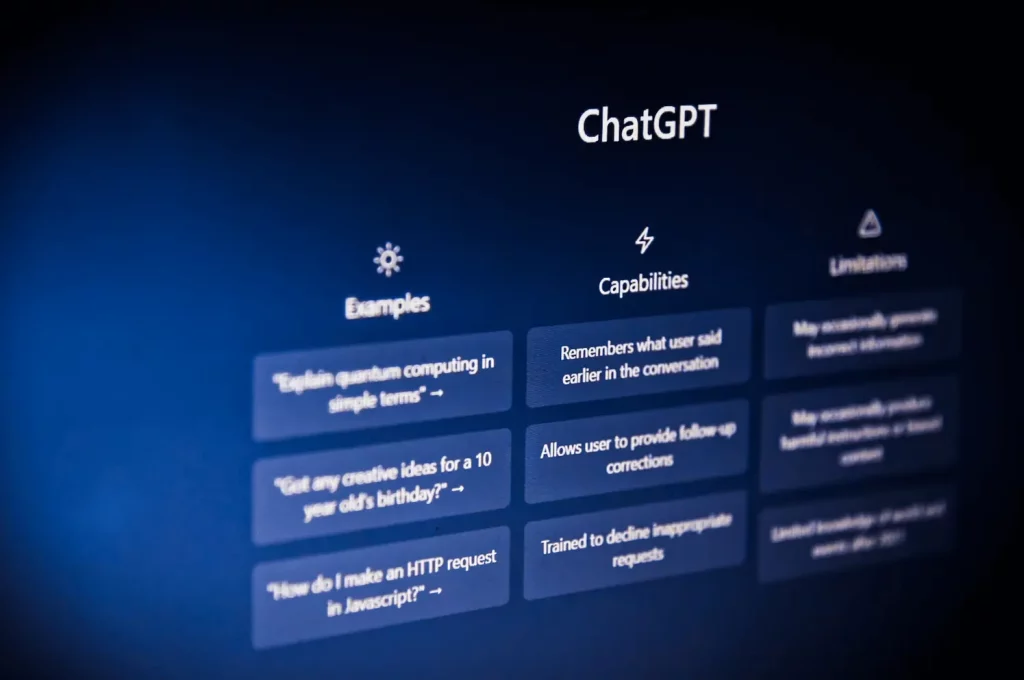
With Italy having recently banned the AI chatbot ChatGPT, France, Ireland, and Germany are now considering following suit due to privacy concerns. ChatGPT, created by OpenAI, has become famous for its ability to generate essays, poems, and conversations based on the shortest of prompts. However, Italian regulators recently claimed that the tool lacked a legal basis for massive data collection and also questioned its data handling methods. This prompted European authorities, including France, Ireland, and Germany, to approach their Italian counterpart to try to establish a common position on ChatGPT. Moreover, Canadian data regulators have also launched an investigation into OpenAI.
The Regulatory Concerns Over ChatGPT
Italy’s Ban of ChatGPT
On April 1, 2023, Italy banned ChatGPT due to privacy concerns, claiming that OpenAI had no legal basis for massive data collection and also questioning the way the tool handled the data it collected.
France’s Response
France’s powerful data regulator, the CNIL, has already received two complaints against ChatGPT. The first complaint was from a campaign group called Janus International, while the second was from a developer named David Libeau. Janus International’s Zoe Vilain claimed that ChatGPT did not ask for her consent when she signed up for an account. Libeau also claimed that when he used ChatGPT to find out more about himself, the tool invented stories that were completely false. While the CNIL has not yet announced a full investigation, it is one of the most influential data regulators in Europe.
Ireland and Germany’s Concerns
The data regulators of Ireland and Germany have also approached their Italian counterpart to try and understand ChatGPT’s impact better. Like the CNIL, they are concerned about privacy violations and want to establish a common position on the tool.
ChatGPT’s Training and Capabilities
How ChatGPT Works
ChatGPT is an AI chatbot that generates conversations, essays, and poems based on short prompts. The tool is “trained” on vast amounts of text data sourced from the internet, which allows it to mimic human-like responses.
ChatGPT’s Capabilities
ChatGPT’s ability to generate human-like text is impressive, as it can compose anything from essays to poetry. It can also take on different styles and tones, including technical, humorous, or formal.
The Risks Associated with ChatGPT
The AI tool has faced criticism due to its “hallucinations” or the tendency to invent answers. OpenAI claims that this problem is less common with GPT-4, the latest version of the tool.
The Growing Concerns over AI Regulation
Canada’s Investigation of OpenAI
Canada’s data regulator has launched an investigation into OpenAI following Italy’s ban of ChatGPT. The Canadian regulator is likely concerned about the use of AI tools that lack legal frameworks and adequate privacy protection.
The Call to Halt the Development of Powerful AI Systems
Last month, hundreds of experts, including Tesla CEO Elon Musk, called for a halt in the development of powerful AI systems. This was prompted by the release of GPT-4. The proposed moratorium will prohibit the development of any AI language models more advanced than OpenAI’s GPT-4.
While AI technology offers numerous benefits, it also raises concerns about privacy, data protection, and the potential misuse of powerful systems. Regulators and industry players must work together to develop ethical and transparent AI frameworks which allow us to continue the development of AI.


